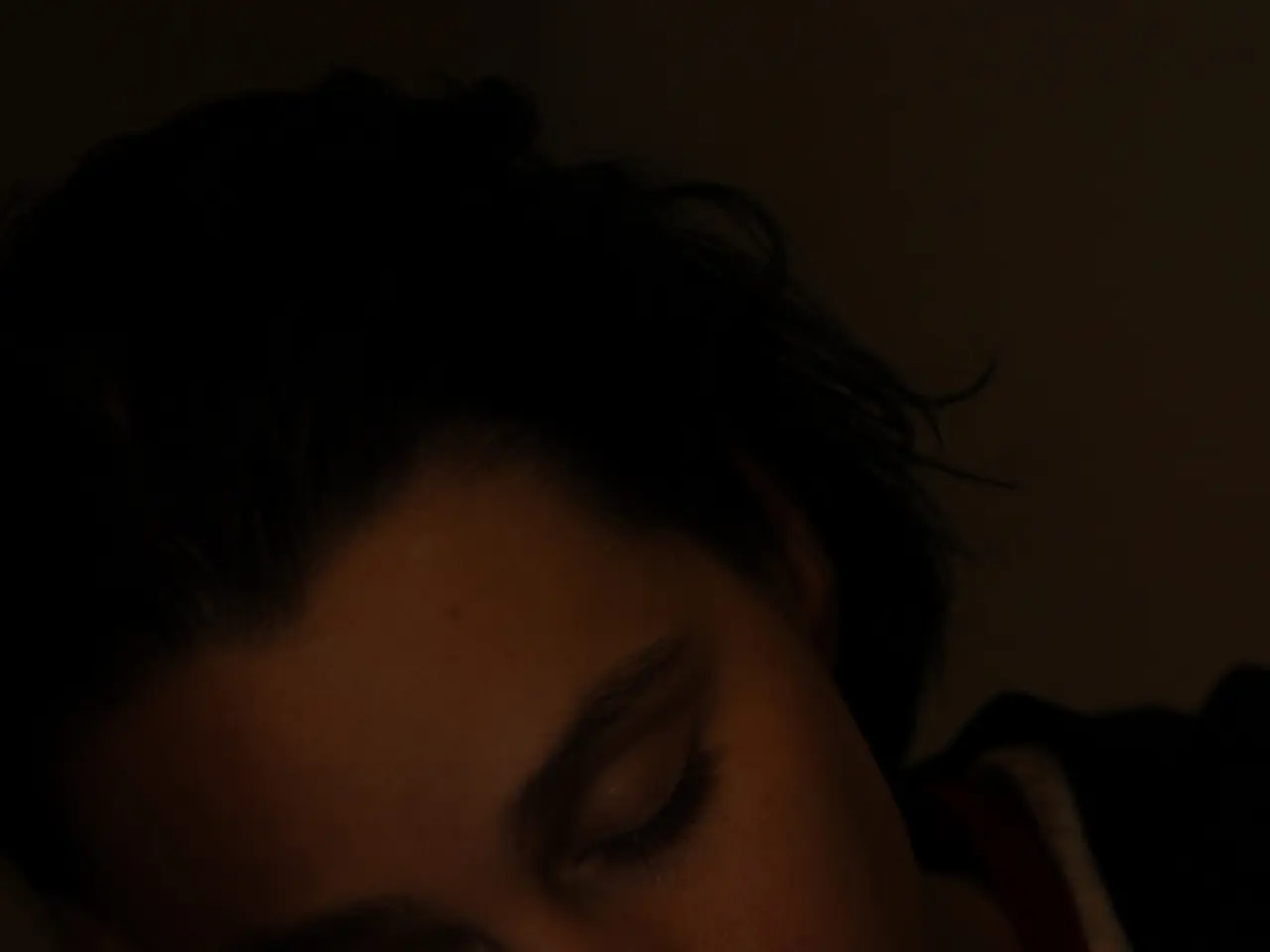Causes of Intense Dreams Explored
Vivid dreams can be a fascinating yet unsettling experience for many individuals. These intense dreams, filled with vivid imagery and emotional intensity, can leave us questioning their meaning and origin. In this article, we delve into the common causes of vivid dreams, potential preventive measures, and the role of sleep in our overall health.
Vivid dreams can be triggered by a variety of factors, including medications, sleep disorders, major changes in sleep schedule, anxiety and stress, substance abuse, mental health conditions, and physical illnesses. For instance, pregnant women may experience vivid dreams due to hormonal fluctuations and stress related to childbirth and parenting. Similarly, people recovering from addiction might find themselves having vivid dreams about the drug they are trying to overcome.
Researchers believe that sleep plays a crucial role in removing toxins that build up in the brain during waking hours. Sleep stages, which include non-REM (Stage 1, 2, and 3) and REM sleep (Stage 4), are essential for many brain functions and affect how nerve cells communicate with each other. Disruptions in these stages, such as those caused by stress, sleep disorders, or substance use, can lead to vivid dreams.
To reduce the occurrence of vivid dreams, improving sleep hygiene is key. Maintaining a consistent sleep schedule, exercising during the day, avoiding caffeine and nicotine before bed, relaxing before sleep, creating a suitable sleep environment, and never lying awake in bed can all contribute to better sleep quality.
Furthermore, addressing underlying health issues or sleep disorders, managing stress and anxiety, and avoiding stimulants, alcohol, and drugs close to bedtime can help prevent vivid dreams. In some cases, treatments like cognitive behavioral therapy have been shown to reduce anxiety-related nightmares significantly.
It's important to note that narcolepsy, a sleep disorder, can cause lucid dreaming, where a person is aware they are dreaming and may control the experience. Conversely, people with anxiety can experience more vivid dreams featuring situations of high anxiety or panic.
In conclusion, understanding the causes of vivid dreams and implementing preventive measures can help many individuals enjoy a more restful and dream-free sleep. By focusing on overall sleep health, we can improve our wellbeing and wake up refreshed and ready to face each new day.
References: [1] Harvard Health Publishing. (2019). Dreams: what are they about? [online] Available at: https://www.health.harvard.edu/diseases-and-conditions/dreams-what-are-they-about
[2] National Sleep Foundation. (2018). Understanding Dreams: What Do They Mean? [online] Available at: https://www.sleepfoundation.org/articles/understanding-dreams-what-do-they-mean
[3] American Psychological Association. (2019). Dreams: Understanding the Mystery. [online] Available at: https://www.apa.org/topics/dreams
[4] Mayo Clinic. (2021). Narcolepsy. [online] Available at: https://www.mayoclinic.org/diseases-conditions/narcolepsy/symptoms-causes/syc-20369330
[5] National Center for Biotechnology Information. (2018). Cognitive-behavioral therapy for nightmares in adults: a systematic review. [online] Available at: https://www.ncbi.nlm.nih.gov/pmc/articles/PMC6115341/
- Individuals with Crohn's disease may experience vivid dreams due to the stress and mental health issues associated with managing the disease.
- Multiple sclerosis patients might report more vivid dreams, potentially related to sleep disorders or depression that often accompany the condition.
- HIV-positive individuals might take medication, such as Pre-exposure Prophylaxis (Prep), which could potentially trigger vivid dreams.
- Sleep disturbances could be a symptom of various physical illnesses, including atopic dermatitis, hepatitis, or multiple diseases, leading to vivid dreams.
- In the realm of health-and-wellness, predictive science suggests a link between sleep patterns and mental health, with sleep playing a key role in managing conditions such as depression.
- Maintaining a suitable sleep schedule, exercising during the day, and creating a relaxing environment for sleep can all contribute to reduced occurrences of vivid dreams.
- People with sleep disorders, like multiple sleep disorders or narcolepsy, may have lucid dreams where they are aware they are dreaming and can, in some cases, control the experience.
- By focusing on mental health and addressing any underlying health issues, including sleep disorders, one can improve overall health-and-wellness and potentially reduce the occurrence of vivid dreams.




